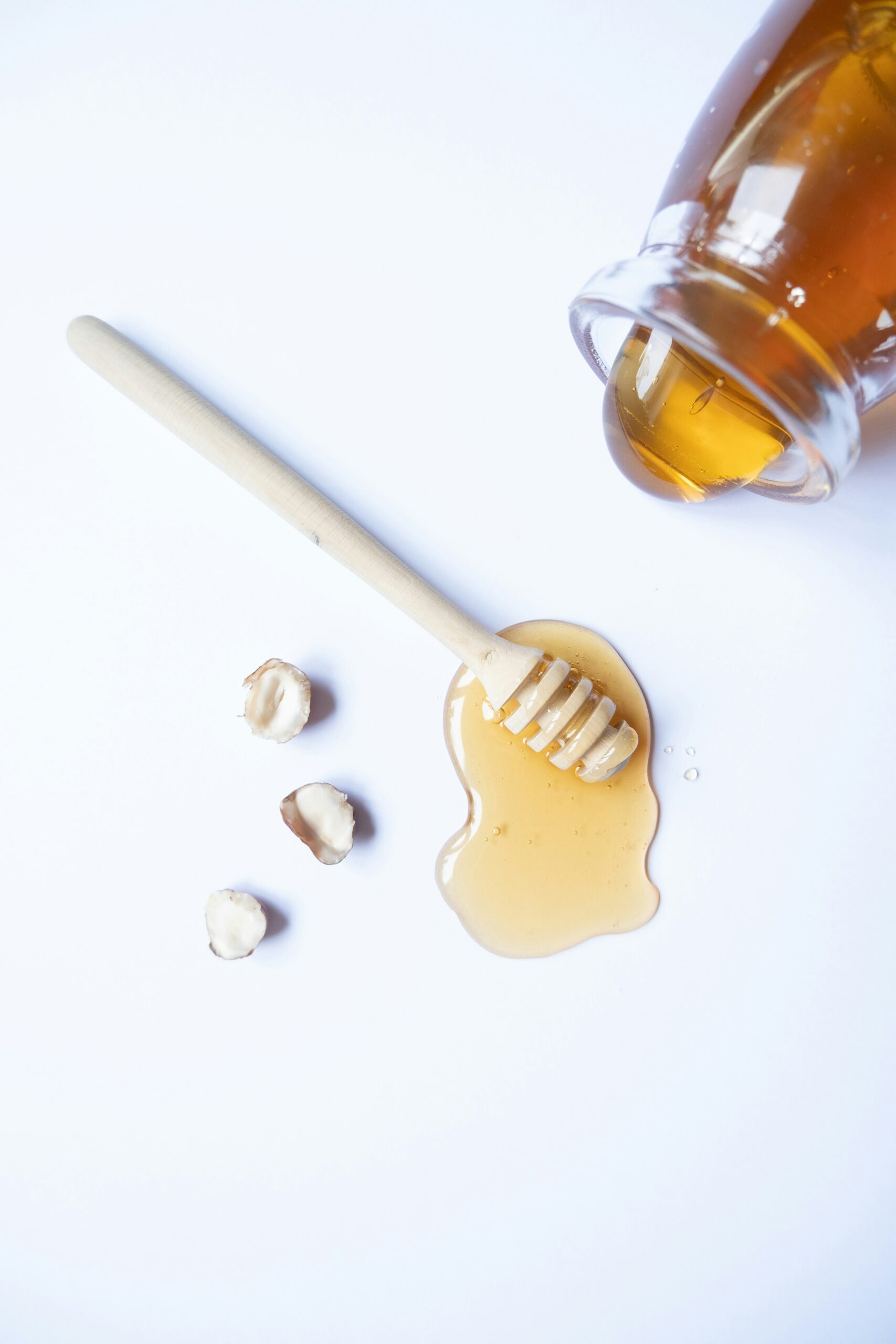Exploring the world of sugar alternatives can be both exciting and overwhelming, as more people seek to reduce their sugar intake without sacrificing taste and satisfaction.
Understanding Sugar Alternatives
In the quest for a healthier lifestyle, sugar alternatives have become a popular choice for many individuals looking to cut down on sugar consumption. These substitutes offer sweetness without the same calorie content, potentially aiding in weight management and reducing the risk of certain health issues. But how do these alternatives impact your diet, and are they really a better choice?
Types of Sugar Alternatives
- Artificial Sweeteners: Often found in diet drinks and low-calorie foods, these include options like aspartame and saccharin.
- Natural Sweeteners: Examples include stevia and monk fruit, both derived from plants and known for their zero-calorie sweetness.
- Sugar Alcohols: Such as xylitol and erythritol, these provide fewer calories than sugar and are often used in sugar-free gum and candies.
Expert Opinions
Dr. Julian Armstrong, a renowned nutrition expert, emphasizes the need to approach sugar substitutes with caution. He notes that while they can be beneficial for reducing calorie intake, reliance on them may not address the root of sugar cravings. Instead, focusing on whole foods can lead to more sustainable dietary changes.
Research Findings
A study published in the Journal of Nutrition suggests that sugar alternatives can help in controlling blood sugar levels, particularly for individuals with diabetes. However, it’s important to use them in moderation, as excessive consumption may lead to digestive issues.
Personal Experience
Consider the case of Felix, who decided to switch to natural sweeteners after realizing how much sugar was impacting his energy levels. By replacing table sugar with stevia, he noticed a gradual improvement in his mood and energy, demonstrating the potential benefits of choosing the right alternative.
Actionable Tips for Incorporating Sugar Alternatives
- Start Gradually: Introduce alternatives slowly to allow your taste buds to adjust.
- Read Labels: Check nutritional labels to ensure you’re choosing the right type of sweetener for your needs.
- Experiment: Try different alternatives to find what works best for your taste preferences and dietary goals.
Comparison Table of Sugar Alternatives
| Alternative | Calories (per tsp) | Sugar Equivalent | Common Uses |
|---|---|---|---|
| Aspartame | 0 | 200x | Diet Drinks |
| Stevia | 0 | 200-300x | Beverages, Baking |
| Saccharin | 0 | 300-400x | Table Use |
| Monk Fruit | 0 | 150-200x | Beverages, Desserts |
| Xylitol | 10 | 1x | Gum, Candy |
| Erythritol | 0.24 | 0.7x | Baking, Candy |
| Honey | 21 | 1x | Tea, Cooking |
| Agave Nectar | 20 | 1.5x | Beverages, Baking |
FAQs
Are sugar alternatives safe for everyone?
Most sugar alternatives are considered safe for the general population. However, individuals with specific health conditions should consult with a healthcare provider.
Can sugar alternatives help with weight loss?
They can assist in reducing calorie intake, which may contribute to weight loss when combined with a balanced diet and exercise.
Conclusion
In summary, sugar alternatives can offer a viable option for those looking to decrease sugar intake without forgoing sweetness. By understanding the different types, consulting expert opinions, and following practical tips, you can make informed choices that align with your dietary goals. As with any dietary change, moderation and balance are crucial. Explore these alternatives and see how they can fit into your journey towards a healthier lifestyle.




Leave a Reply